
Developing as an international pharmaceutical company: 2000-

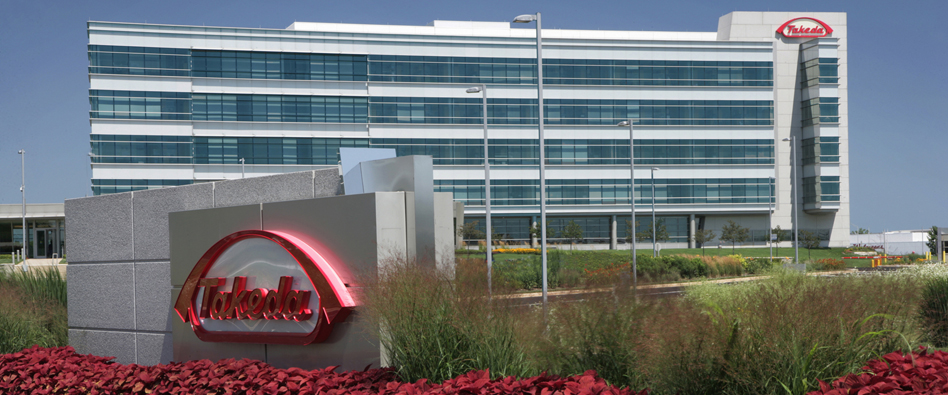

In 2006, Takeda published an integrated annual report incorporating non-financial information about its initiatives on human rights, the environment, and communities, in addition to financial information.
To ensure the disclosure to stakeholders was as full as possible, Takeda also compiled the CSR Data Book. Available only in PDF and e-book format out of consideration for the environment, the CSR Data Book contained further details about the CSR information found in the Annual Report in a re-edited form: CSR Data Book

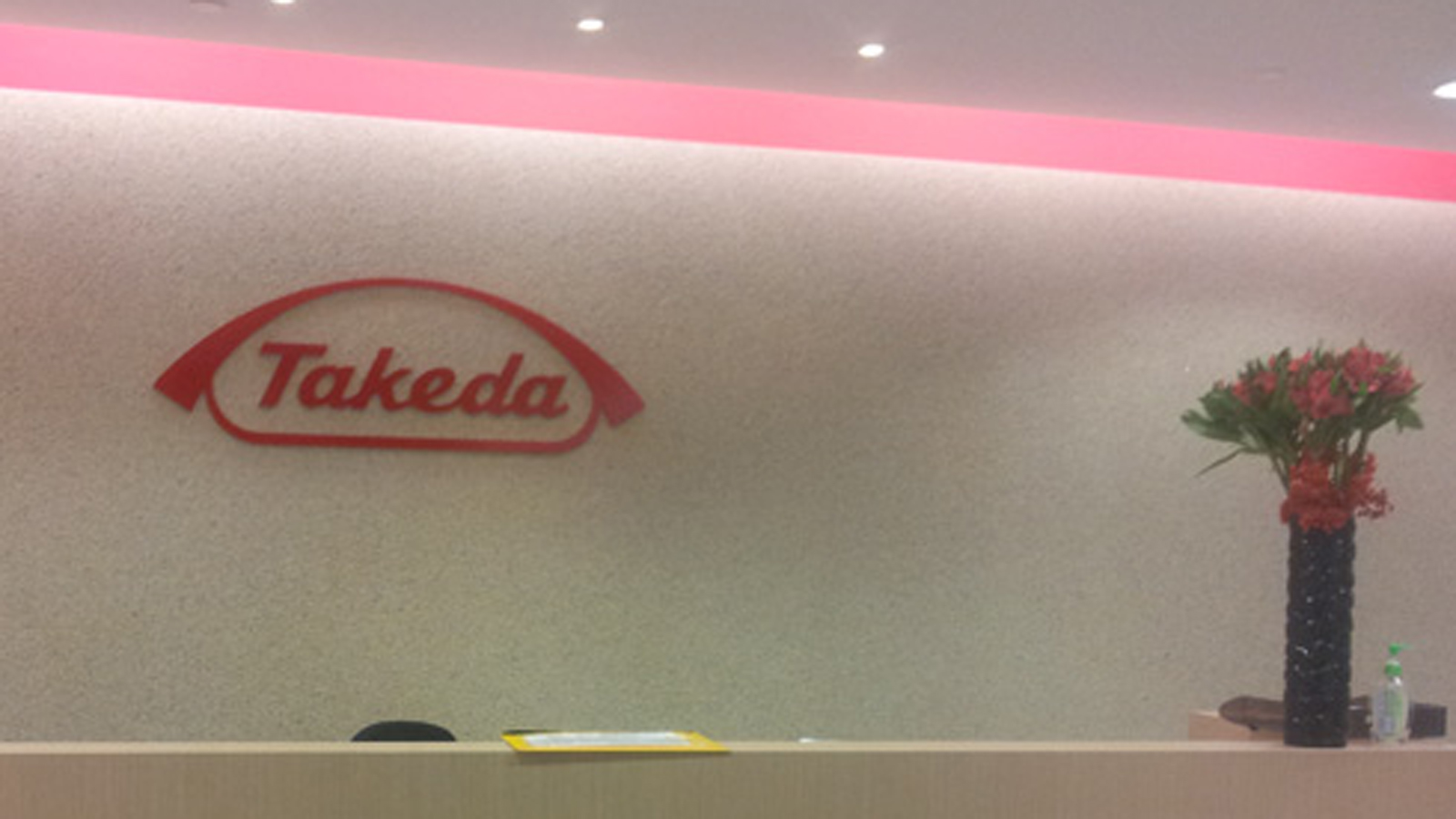
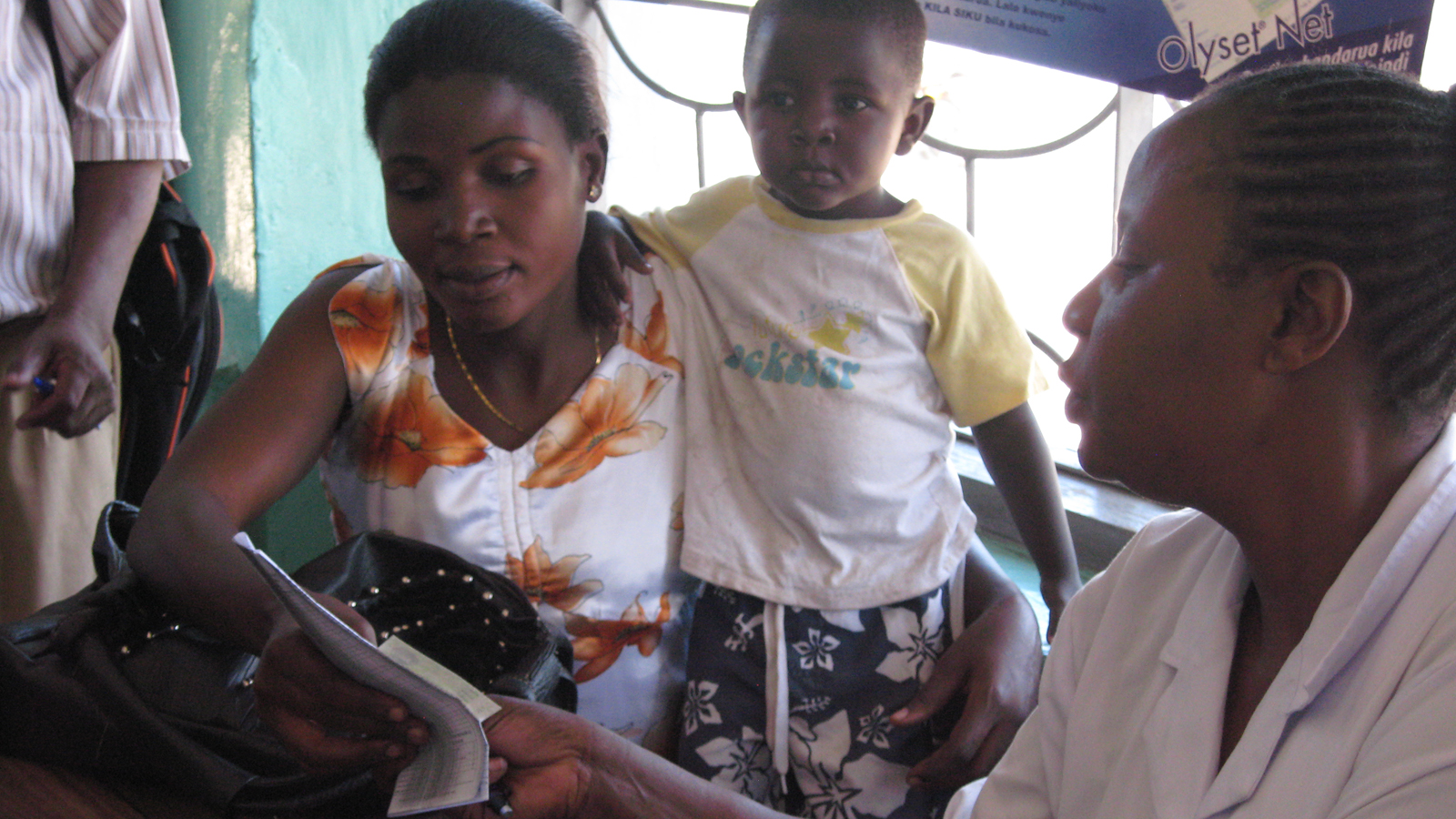
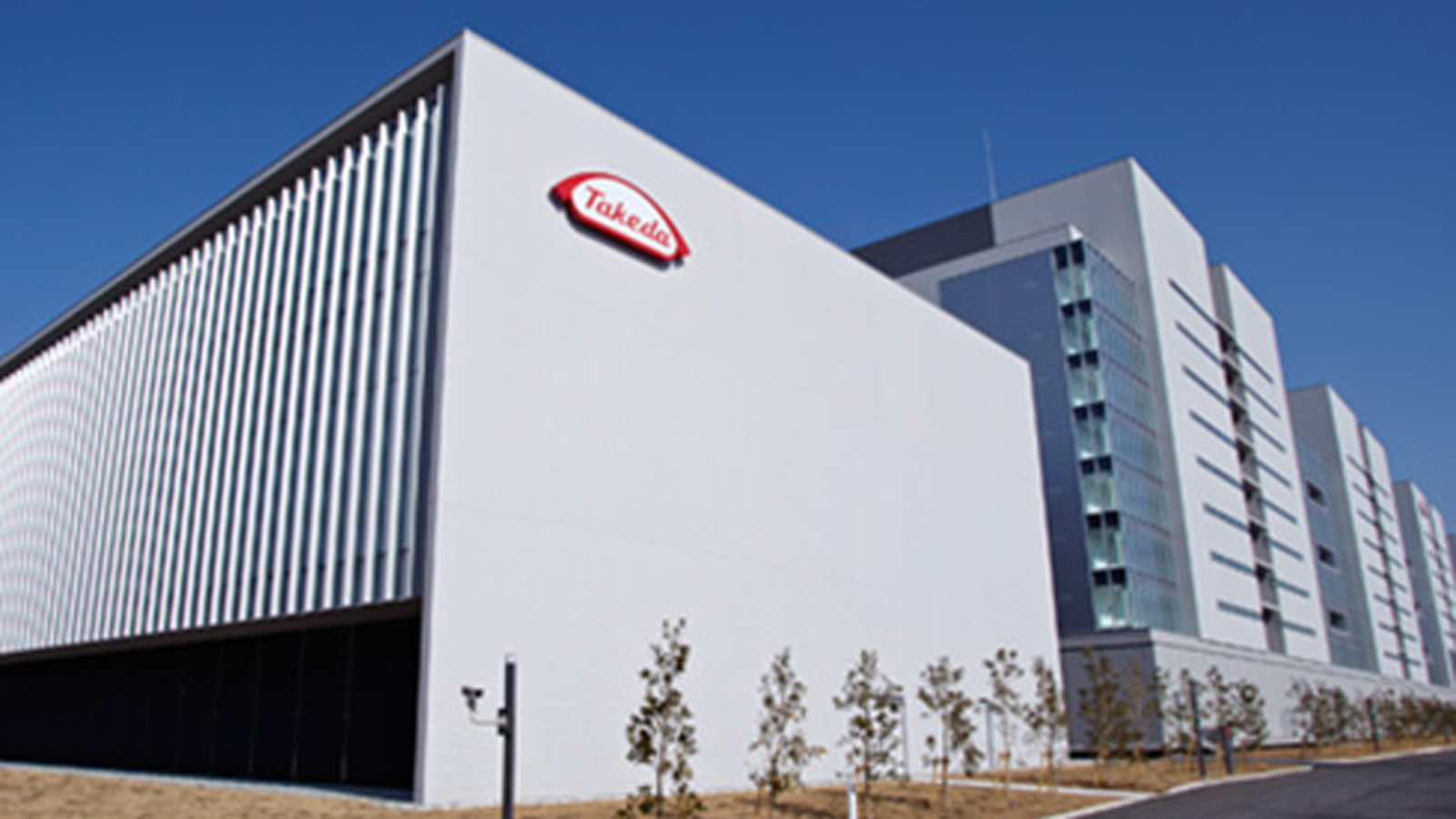
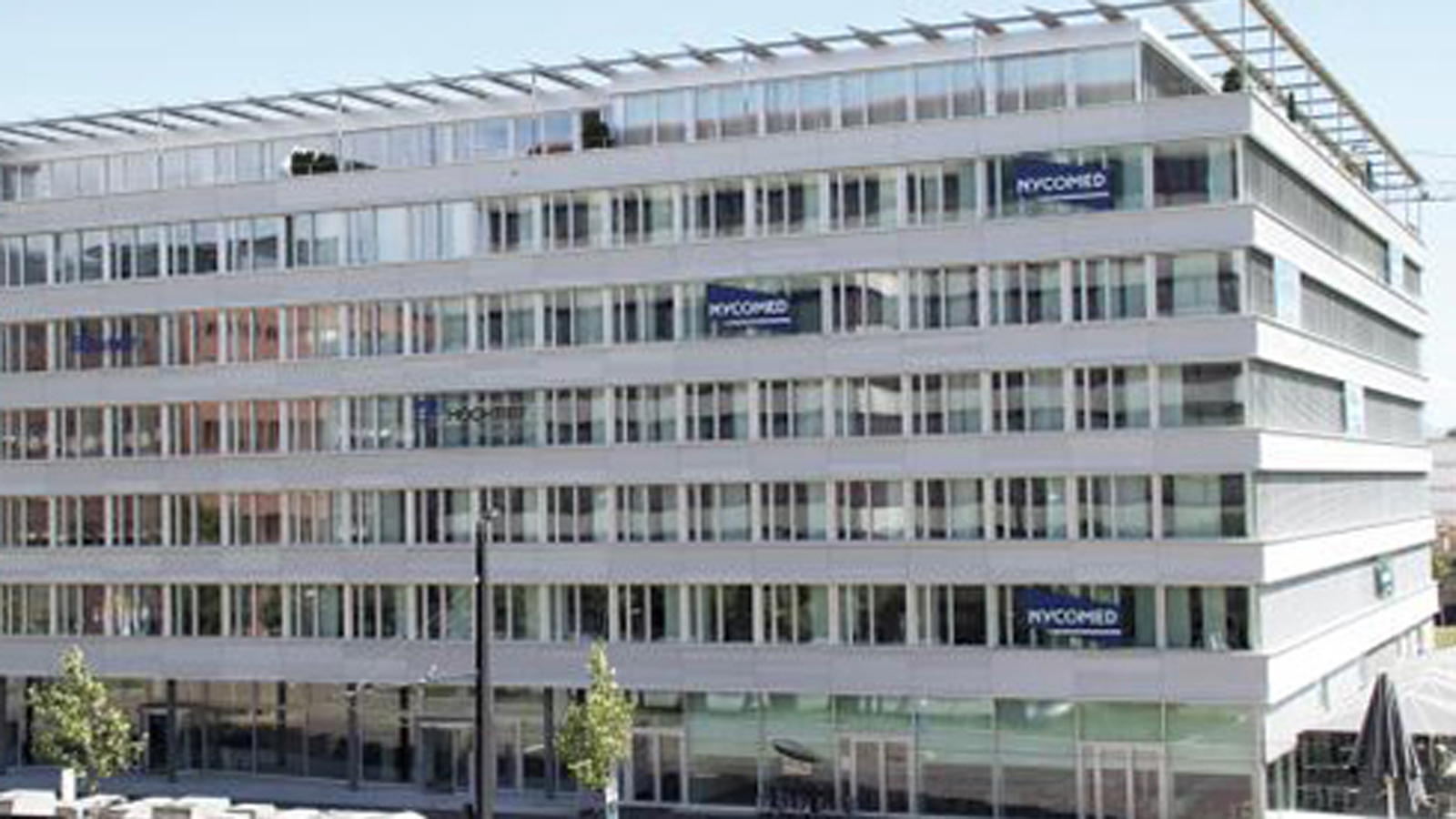
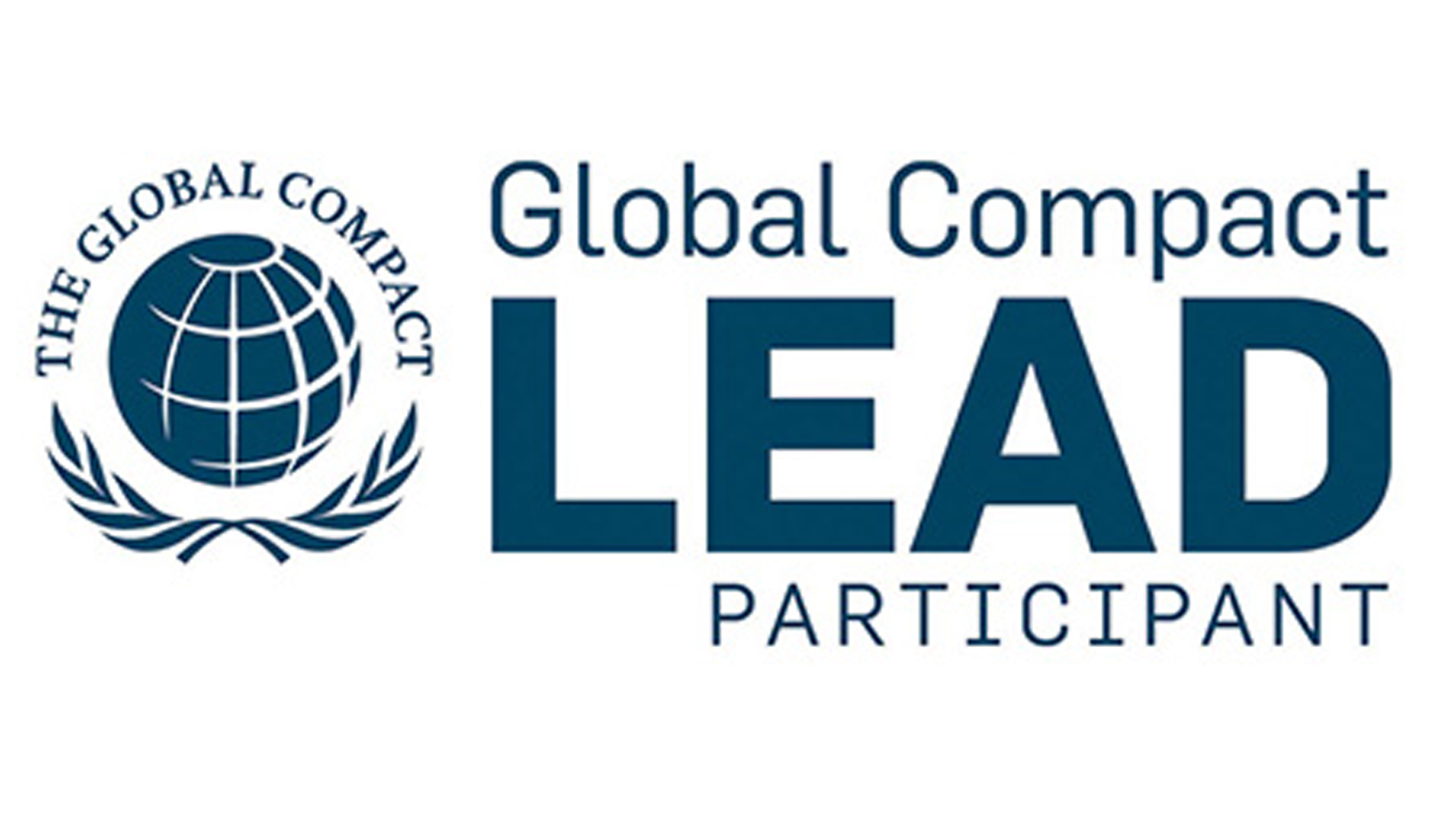
As a member of the United Nations Global Compact LEAD Program, Takeda has helped to lead corporate efforts worldwide to implement and disseminate the 10 principles of the Compact relating to areas such as human rights, labor standards, the environment, and anti-corruption.
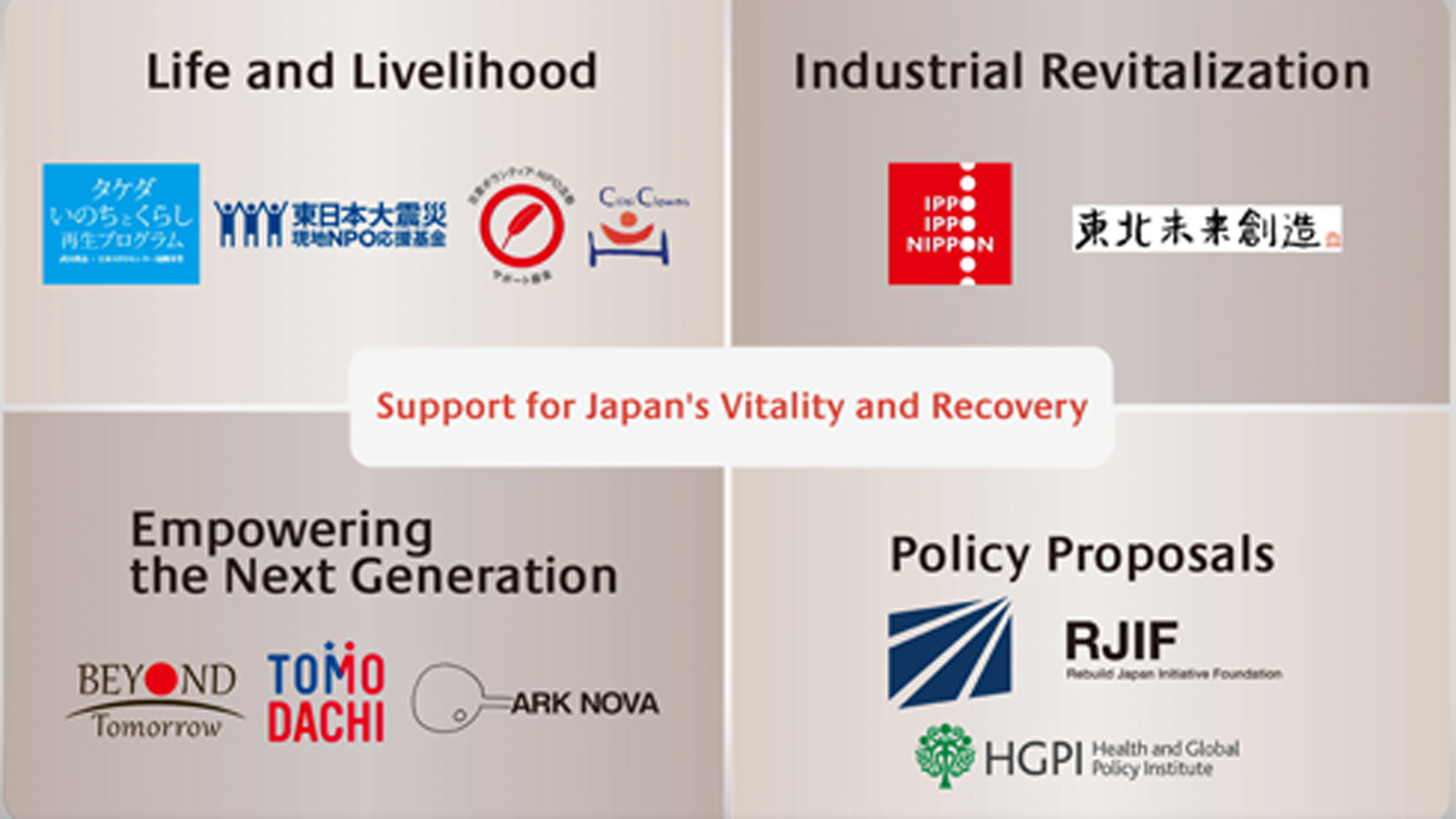

The Vaccine Business Division has been taking a number of steps to strengthen Takeda's existing vaccine business in Japan as well as steps to develop pediatric vaccines in-house and enhance the R&D pipeline by in-licensing novel vaccine candidates and novel vaccine development platforms.
In 2012, Takeda established a global policy on Environment, Health, and Safety, and promoted comprehensive initiatives.
EHS-related activities span various issues of concern to the global community, such as the use of water resources and conservation of biodiversity. Specific future plans include assessment and analysis of the environmental impact of Group products over their life cycle and a detailed approach to environmental accounting through the utilization of LIME and other means.
In December 2013, Takeda signed the CEO Statement of Support for the Women's Empowerment Principles (WEPs). The WEPs are a set of principles for businesses offering guidance on how to empower women in the workplace. These principles are the result of a collaboration between the United Nations Entity for Gender Equality and the Empowerment of Women (UN Women) and the United Nations Global Compact.
Since 2013, Takeda has followed the seven principles to enhance its initiatives for promoting the active participation of women in corporate activities.